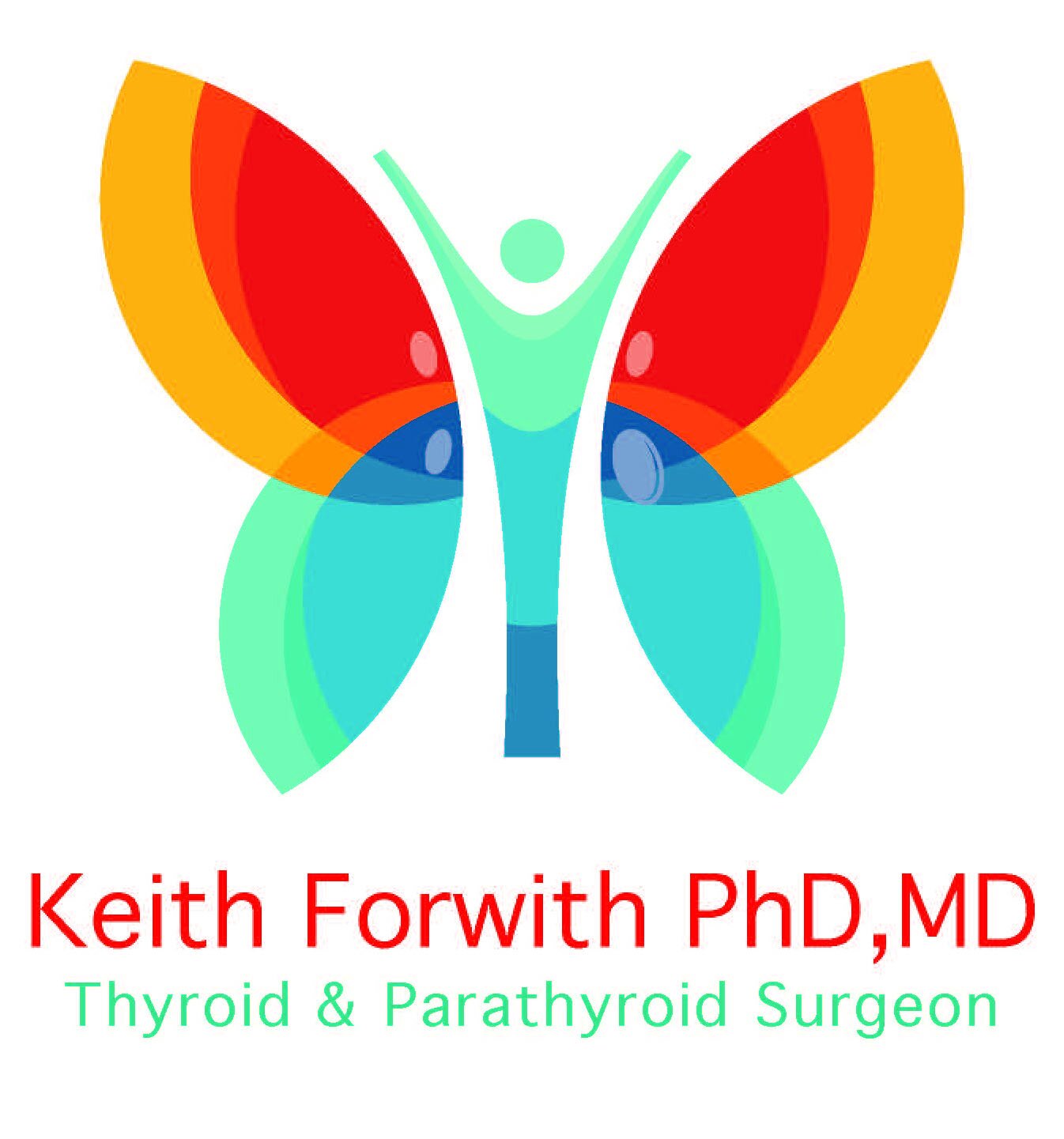Not all surgeons are created equal
/The familiar smells of Kenya hit me the moment I deboarded from the plane in Nairobi. Everything on this trip so far is very familiar to me - in a back home again, comforting sort of way. The trip to Tenwek took about 4 hours; friendly faces welcomed me back with a number of "karibu(welcome) Dr. Keith" refrains. After a quick lunch I headed to clinic where it took less than an hour for me to be shaking my head in disbelief. This afternoon I saw 4 cancer cases - two of which had incomplete operations recently at government hospitals.
 One patient had a vocal cord paralysis from a botched thyroid operation. She had several extra scars from where the previous surgeons had carelessly cut through the skin as they were raising the subplatysmal flaps. Ironically, this is one of the easier parts of the operation! Not surprising that the most delicate part of the procedure was not performed well.
One patient had a vocal cord paralysis from a botched thyroid operation. She had several extra scars from where the previous surgeons had carelessly cut through the skin as they were raising the subplatysmal flaps. Ironically, this is one of the easier parts of the operation! Not surprising that the most delicate part of the procedure was not performed well.
I want to emphasize that these were not Tenwek surgeons. The surgical residents I've worked with here are outstanding. It mainly motivated me to keep coming back to help train these young physicians so that disasters like this aren't inflicted on these poor people. The worst part of this is that her thyroid cancer has spread into the lateral neck. God willing, we will be doing a much bigger operation to save her next week.

This 26 year old gentleman was told that they completely removed this tumor - just over a month ago! Obviously, that was not the case. He had two different nerves paralyzed by the poor surgery. The ending on this one may not be so happy. We need a CT scan - which he says he can't afford - to determine if there is a chance of a life-saving operation - which he can't afford.
Each year I come, I bring extra money to help patients get the care they need. Each year I get here and realize that I haven't brought nearly enough! This year the exchange rate changed dramatically so I have 37% less than I anticipated. Even so, it is always challenging to know when to offer and when to hold back. The culture here is much more communal and most patients have to rely on their relatives or village for surgical funds. And this is not neccessarily a bad thing. So, when to offer help is a tough decision. I especially worry that a more heartbreaking story or situation may present tomorrow. Triage with your funds is a painful process! Wisdom in this area is something I will pray for tonight.
In the USA or in Africa, surgical residency is a demanding 5 year process that truly matters. Residency is the process where doctors become surgeons. It is not overdramatic to say that lives are on the line. Poor training leads to unneccessary suffering and poor outcomes. Life here is tough and both these patients deserved better. The surgical training that PAACS offers these African surgeons rivals the quality of American programs. As more PAACS surgeons graduate and begin working in their communities there will be fewer of these tragic cases. That is a reason for hope and the reason I continue to return.

